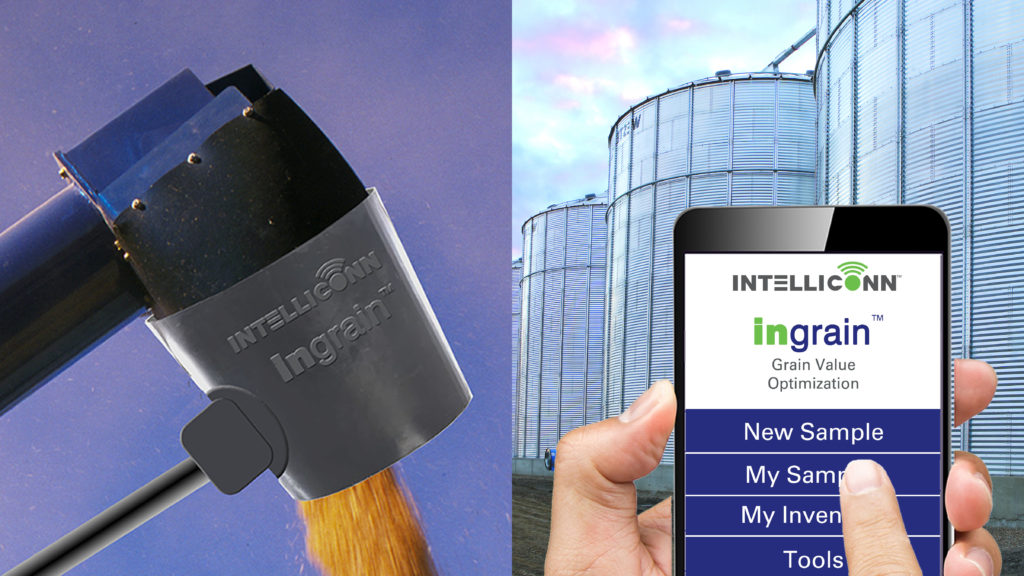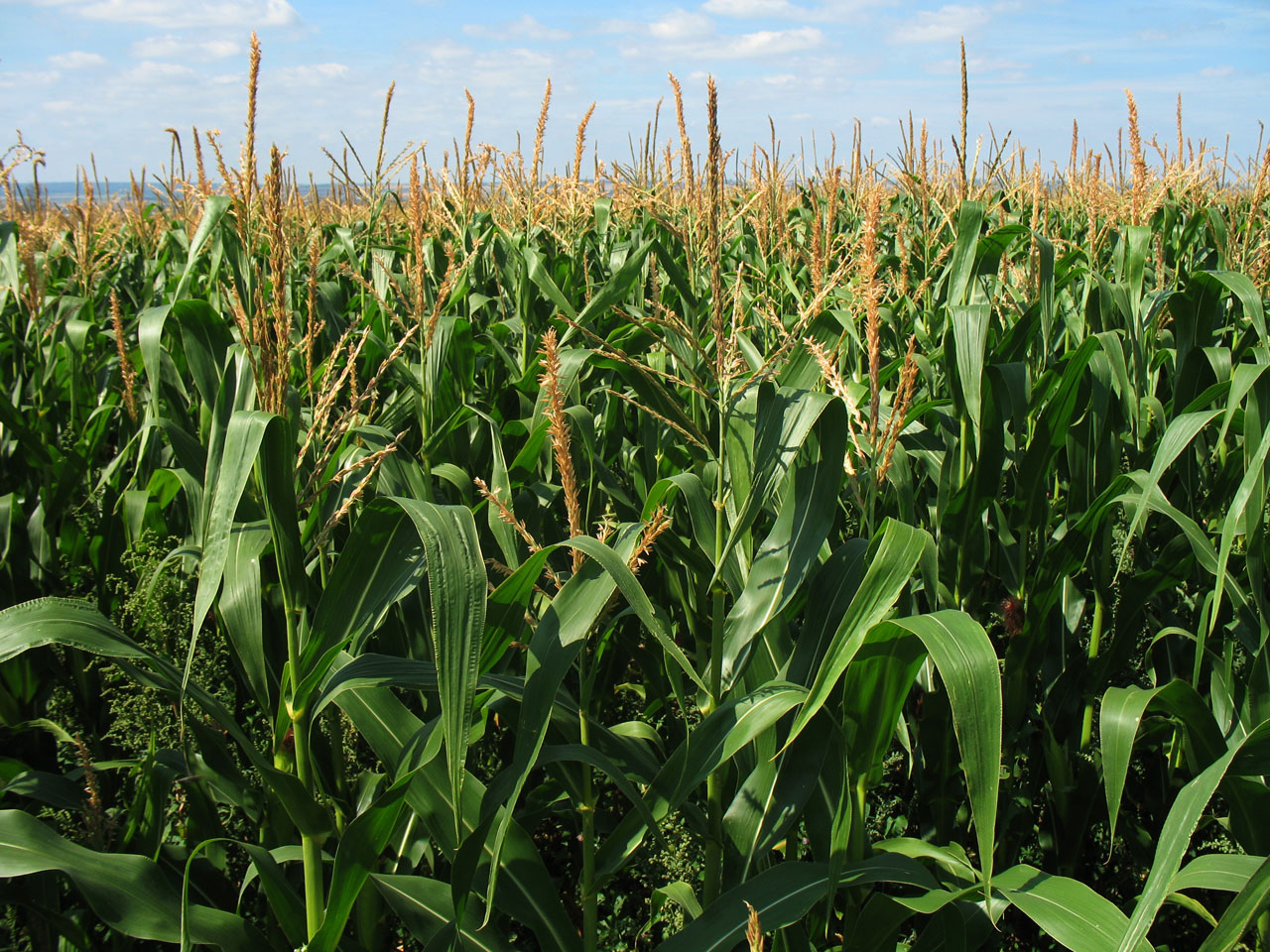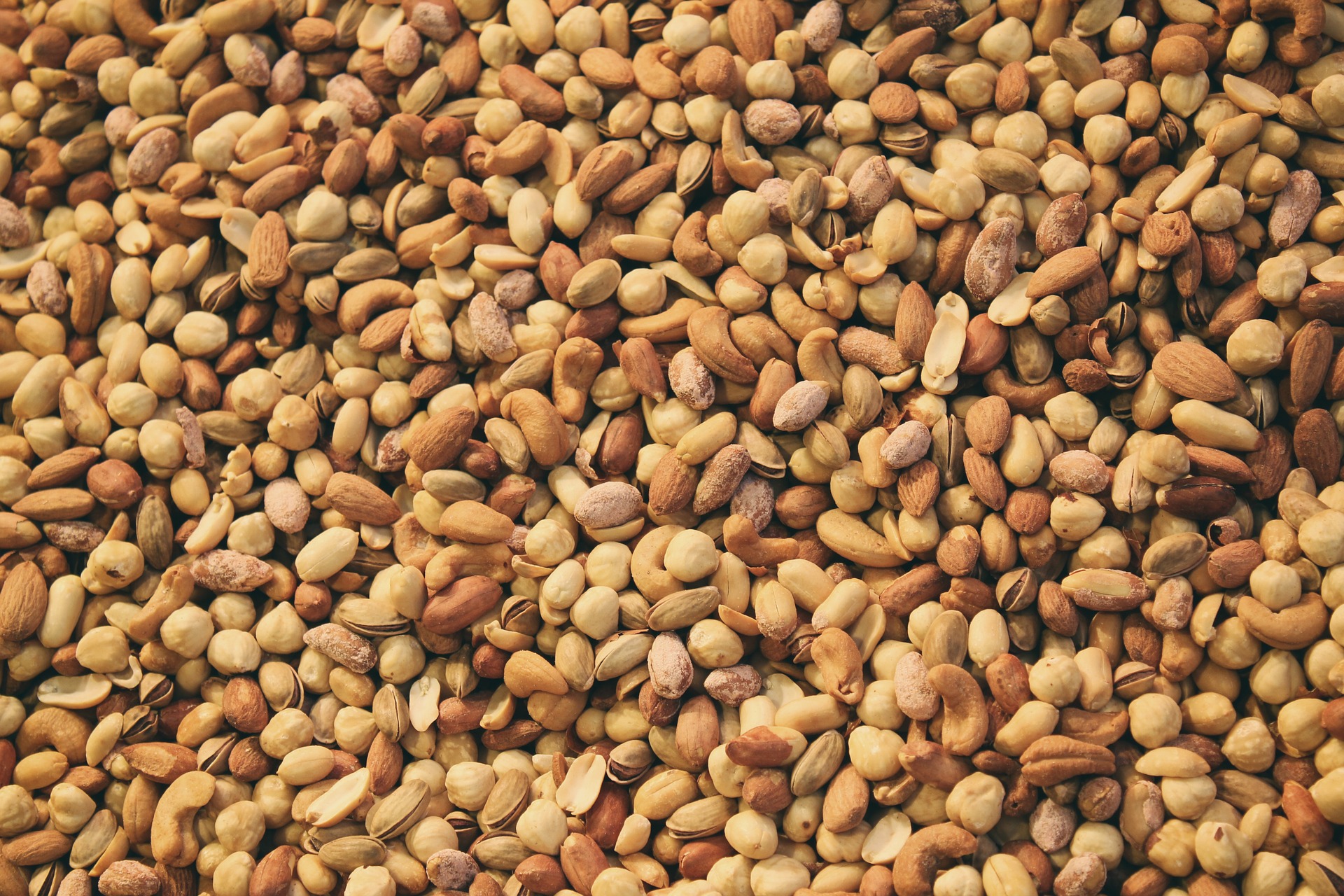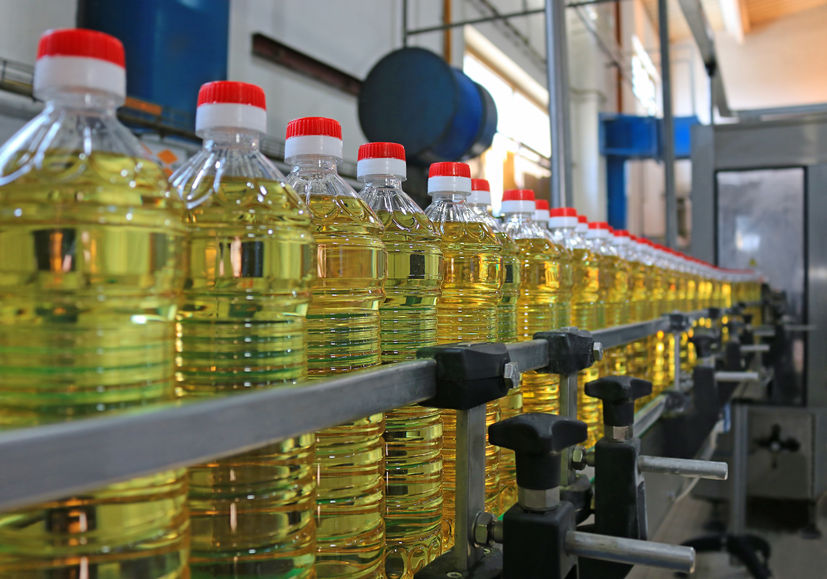Feeding an increasingly populated planet in a way that’s profitable, safe and environmentally friendly is no easy task, and it’s going to take the help of some innovative products and technologies.
As industry leaders gathered at the annual AgriTech Venture Forum held in Toronto, Canada to network and marvel at the latest advancements in agtech, Xtalks spoke with the several companies that are fueling change in agriculture and helping to make this goal more achievable.
These four companies are producing products or technology that have the power to help farmers better manage their businesses now and into the future:
Novihum Technologies
View this post on Instagram
Sustainable farming starts from the ground up, according to Novihum Technologies. The clean tech start-up is developing a unique and innovative technology to return fertility to poor and degraded soil.
“We lose something like 20 million acres of farmland to soil degradation every year,” said Virginia Corless, Chief Growth Officer for Novihum Technologies. “The world population is growing, and it raises the question of how we are going to feed everyone if we’re losing the land on which we grow food?”
The Germany-based company creates a humus concentrate called Novihum from coal waste through an innovative process. Novihum quickly replaces natural humic matter, improving soil quality and productivity while sequestering CO2 in soils and biomass.
“We’ve developed a chemical process where we can transform those building blocks, primarily with nitrogen, and make a humic substance that is just like what you would find in natural soils,” Corless continued.
Effectively delivering healthy plant growth, a more secure food supply, and substantial environmental benefits.
Intelliconn
Our Hubs get you connected across your entire property.
Whether you’re on a farm, acreage, or even a large yard, if you want to extend your Wi-Fi network, check out our Hubs.https://t.co/DZ21qCayEM…/hubs-wi-fi-connectivity-products pic.twitter.com/cPyEsOdBfR
— Intelliconn (@GoIntelliconn) October 2, 2018
Meanwhile, a Saskatoon tech-firm is looking to protect crops once they’ve been harvested. Intelliconn Communications Solutions is launching a new line of commodity intelligence products later this year to track grain data and prevent spoilage.
“There’s a really significant problem in the agriculture sector,” said Ken Jackson, CEO of Intelliconn Communications Solutions. “There is very little good information from the time crops are harvested, to the time they are processed.”
Intelliconn has been focused on connecting rural areas with internet through its long-range Wi-Fi for a couple of years, and now the company is looking to help improve trust and transparency among farmers, processors and consumers with its new ingrain sampling and tracking system.

“We’ve got a product we’re introducing which automates sampling and in real time we’re able to determine characteristics, quantity, spoilage risk,” explained Jackson. “All of the information gets up into the cloud where it is easily shareable.”
Jackson says the tool could save farmers thousands of dollars each year.
SwineTech
More SmartGuards on their way to protect piglets. We are protecting 1,000,000 and counting!#pigletsuperheros pic.twitter.com/YgqL3a40Ae
— SwineTech, Inc. (@SwineTechInc) May 13, 2019
As some companies look to prevent crop waste, an Iowa-based startup is aiming to prevent the loss of livestock through technology. Swinetech founder Matt Rooda was inspired to develop a tool to save the lives of newborn piglets following his experience of working on a farm.
“I’ll never forget the moment I walked into a farm and saw that one mom that had in the last hour laid on eight of her piglets,” recalled Rooda, CEO of SwineTech.
Piglet deaths due to crushing by their sows is a big problem for hog farmers. In order to prevent it, SwineTech tracks the piglet squeals through a sound analyzer that sits in the pen with the pigs. If the device detects certain noises from the piglets, a device worn by the sow delivers a mild vibration like an electronic dog collar, prompting her to rise.
“Since implementing this device in numerous producer’s facilities, not only just in the US, but also in Canada, we found we can save up to 66 percent of piglets from getting crushed in the first three days which is driving a huge return for producers,” said Rooda.
In an industry where retaining labor is a constant struggle, the automatic tool also releases farm staff from constantly supervising the piglets. Allowing farmers to provide optimal livestock care while maximizing their resources.
Provision Analytics

Recently there’s been a renewed focus on using technology to trace food through the supply chain to prevent foodborne illness outbreaks and improve trust and transparency among consumers.
“If somebody gets sick and you have a product recall today, you would have to go out to all your retailers and pull every single product off the shelf,” said Erik Westblom, CEO of Provision Analytics. “With our approach, you’re eliminating paper, you’re finding optimization benefits through workflow and you give them instantaneous recall management.”
In the interest of improving food safety, Provision Analytics developed a Software as a Service (SaaS) traceability platform to make data universally accessible and useful across the supply chain.
“We can determine from the raw material input that came in that was used on a particular batch, on a particular day, at a particular time, which equipment was affected, which raw material was affected, and which employee was involved,” said Westblom. “To pull back and reduce your recall risk right down to a particular distributor channel.”
Currently, the company is working with clients in the food processing and manufacturer space but has plans to move into talks with wholesalers and distribution and storage companies.
As technology advances, it’s only natural that the agriculture sector will change and adapt as well. These innovative companies are demonstrating how progress in technology has the power to solve common challenges in the industry and create a safer and more sustainable future for the next generation.











Join or login to leave a comment
JOIN LOGIN